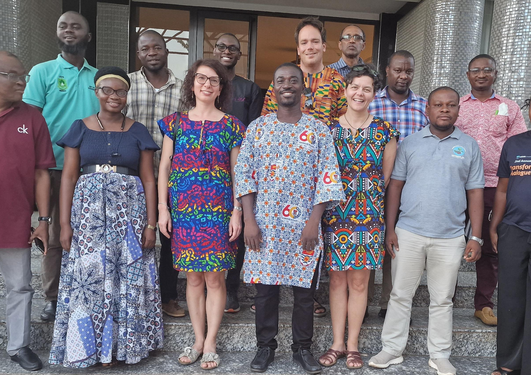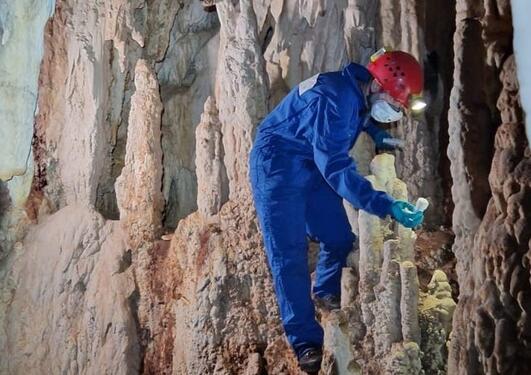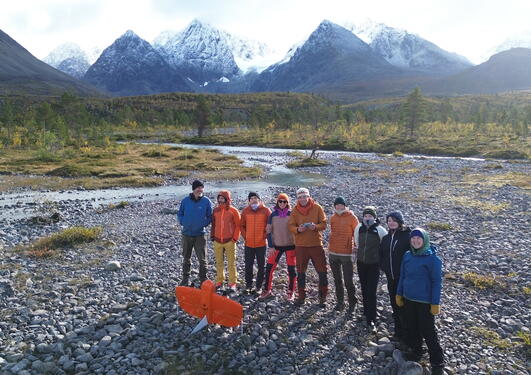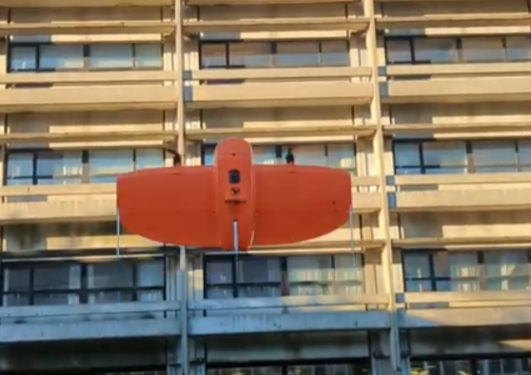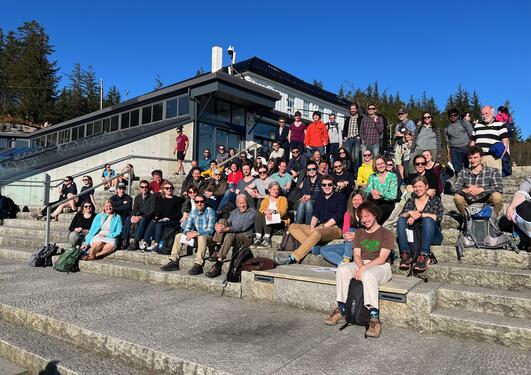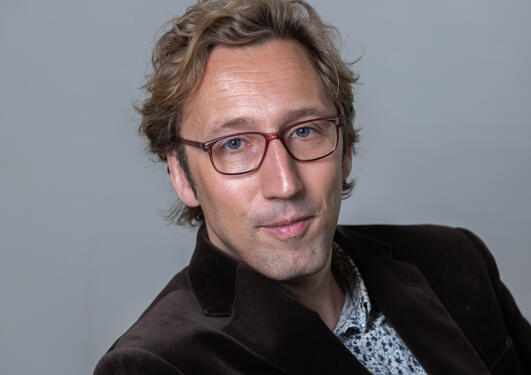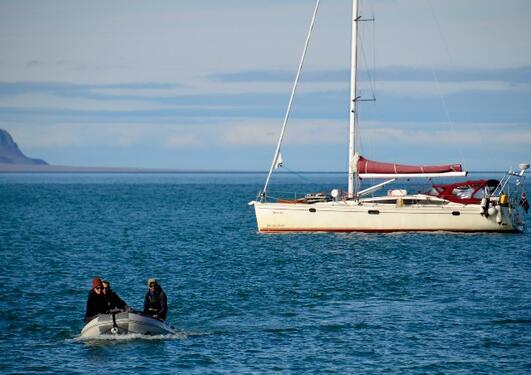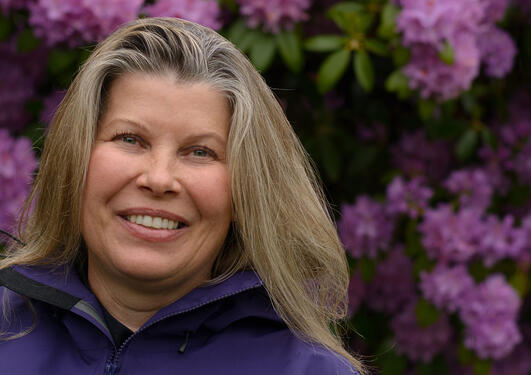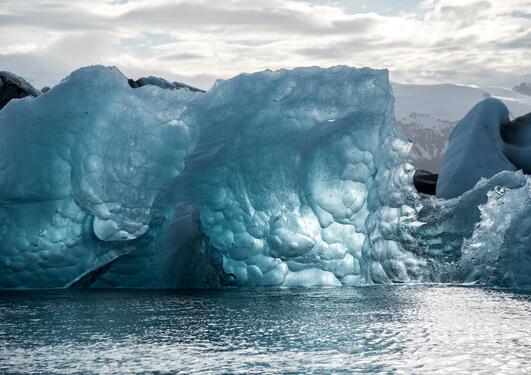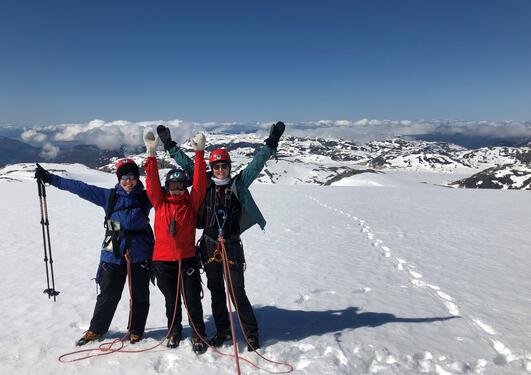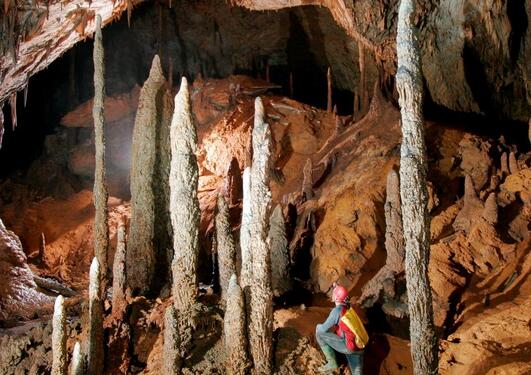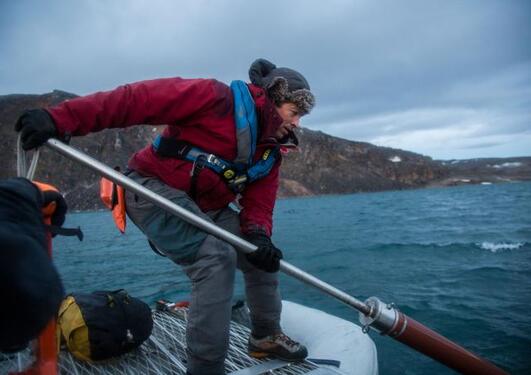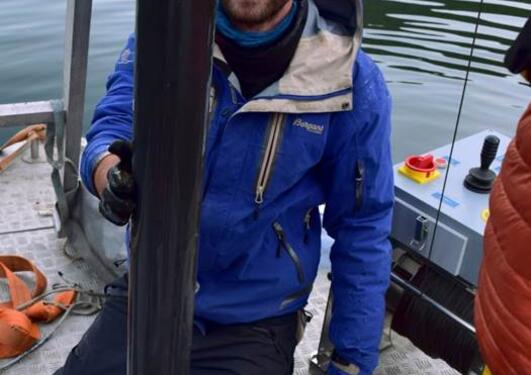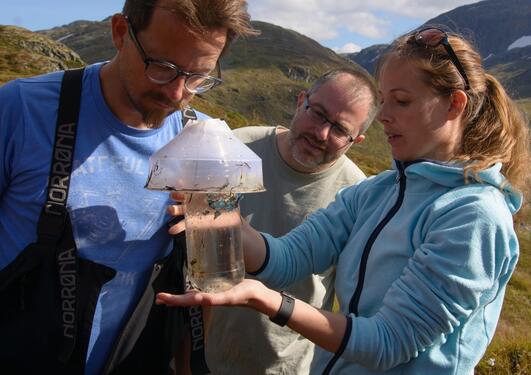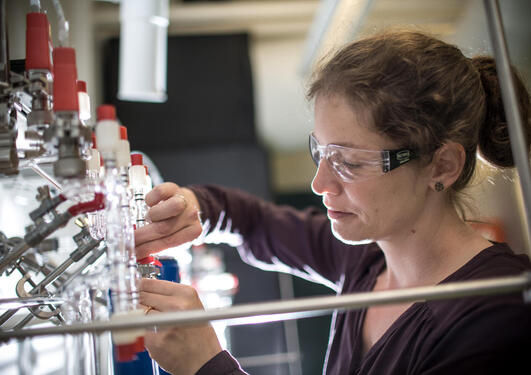News archive for Quaternary geology and Paleoclimate
First-year students in the Bachelor’s program in Earth Science and Informatics got hands-on experience with drone-flying while enjoying the magnificent scenery from the top of Bergen.
A comprehensive UAV Data Utilization Workshop Successfully Empowers Trainers in Agriculture and Environmental Monitoring in Ghana, Africa.
A recent study demonstrates how dripstones can be crucial for reconstructing past climates. The new approach can provide a detailed picture of the climate around early human occupations in South Africa.
Last week, the Department of Earth Science hosted a successful workshop on "Greenland ice sheet stability: lessons from the past". The workshop attracted 70 international participants from various disciplines and institutions. The main goal of the workshop was to foster interdisciplinary collaboration and exchange of ideas on the past, present and future of the Greenland ice sheet.
Can CT scanning be used to better determine the magnitude of past volcanic eruptions? The answer is a resounding yes, according to a new study in Nature Communications by Willem van der Bilt with colleagues.
Kikki Kleiven follows Tore Furevik as the direcor of Bjernes Centre, and will lead 200 climate researchers the coming four years.
Temperature in the Southern Ocean was more tightly linked to the extent of Antarctic glaciation during past greenhouse climates than previously thought.
Near the end of the last ice age, the global sea level rose 12–14 meters in less than 350 years. Most of the meltwater has been thought to have come from North America and Antarctica. A new study shows that the ice over coastal Norway and the Barents Sea may have contributed almost as much.
Over the course of three days (9-11 May), seven BCCR and Ice2Ice researchers participated in a glacier safety course on the Folgefonna glacier.
On Saturday, March 17, Stein-Erik Lauritzen and Nele Meckler will be leaving for fieldwork in Borneo, Malaysia
“We have been trying to do this trip for five years and we have had a lot of issues with ice,” says expedition leader Jostein Bakke, head of the Quaternary Earth Systems group at Department of Earth Science
“We have been trying to do this trip for five years and we have had a lot of issues with ice,” says expedition leader Jostein Bakke, head of the Quaternary Earth Systems group at department of Earth Science
The Department of Earth Sciences (GEO) is part of HordaFlom, an innovative project which will analyze lake sediments to reconstruct flooding events during the last 2000 years and which will provide more robust projections of future floods
Researcher Nele Meckler wants to understand climate changes by studying fossil shells.
Pages
- October 2024 (1)
- December 2023 (1)
- October 2023 (2)
- April 2023 (2)
- March 2023 (1)
- August 2022 (1)
- June 2021 (1)
- September 2020 (1)
- April 2020 (1)
- June 2018 (1)
- March 2018 (1)
- November 2017 (2)
- February 2017 (1)
- October 2016 (1)
- September 2016 (1)
- November 2014 (1)
- October 2014 (3)
- October 2013 (3)
- May 2013 (1)
- March 2012 (1)
- December 2011 (1)
- November 2011 (2)
- October 2011 (2)
- September 2011 (1)
- May 2011 (2)
- December 2010 (1)
- June 2010 (1)
- May 2010 (1)
- January 2010 (1)

